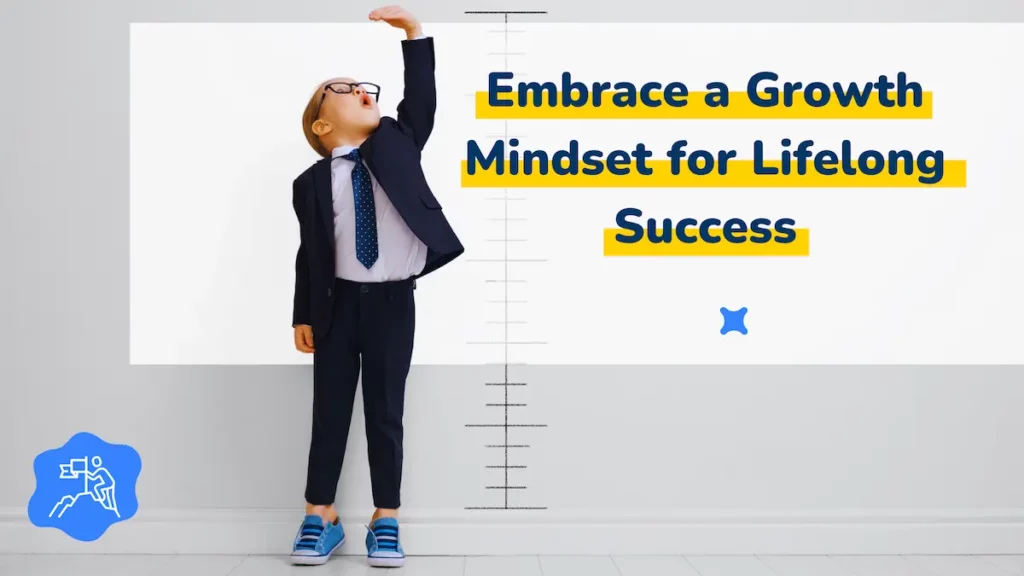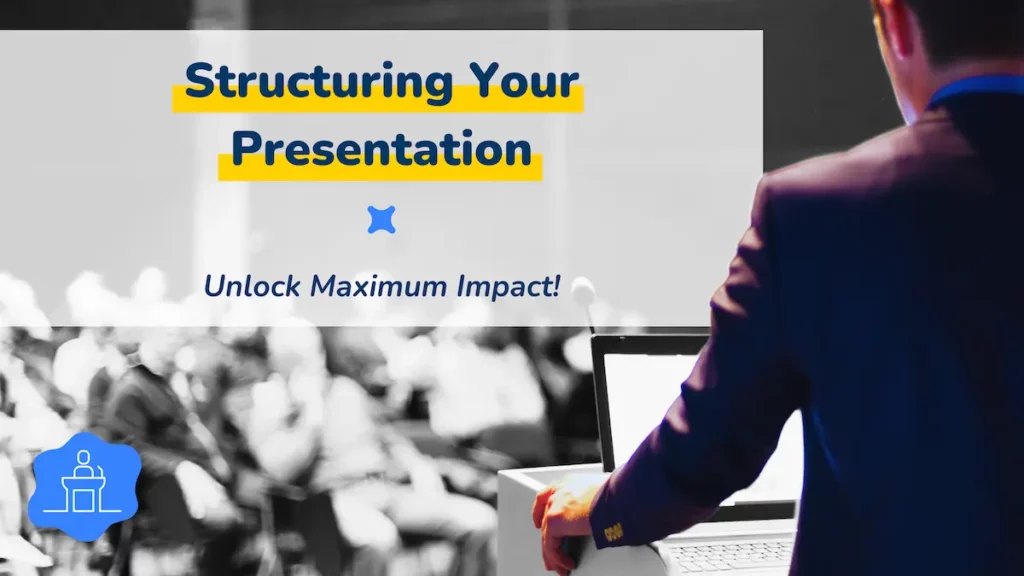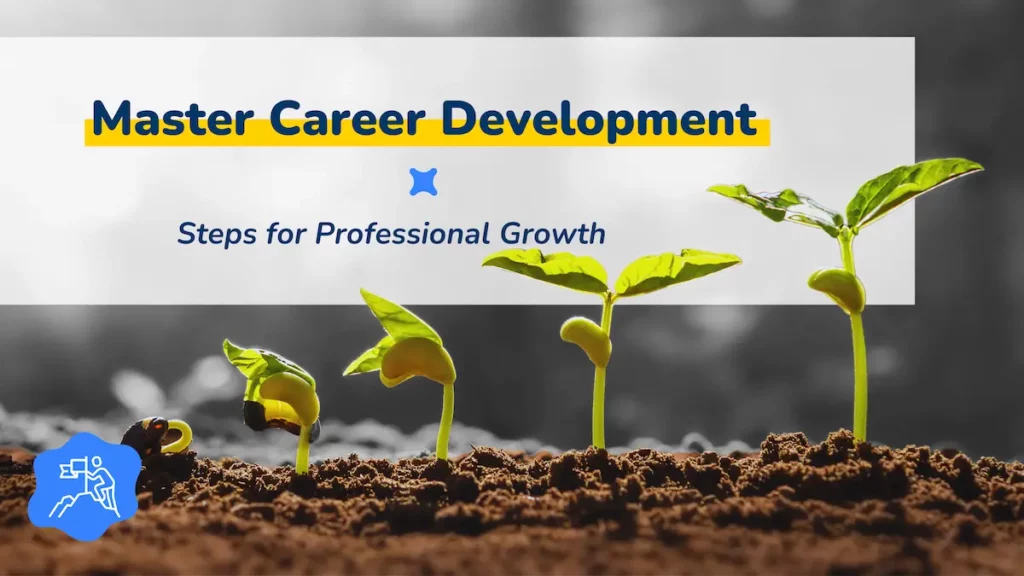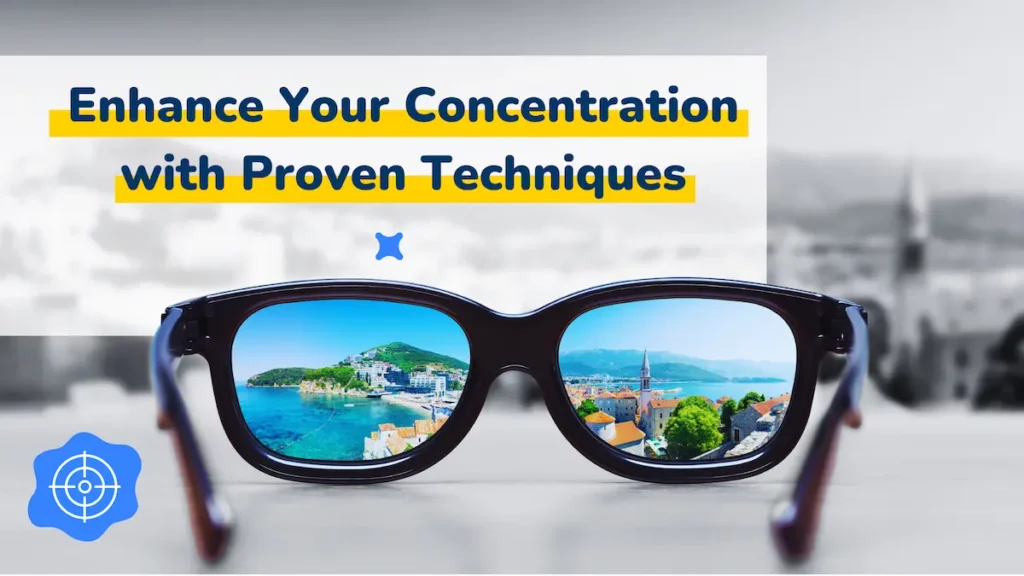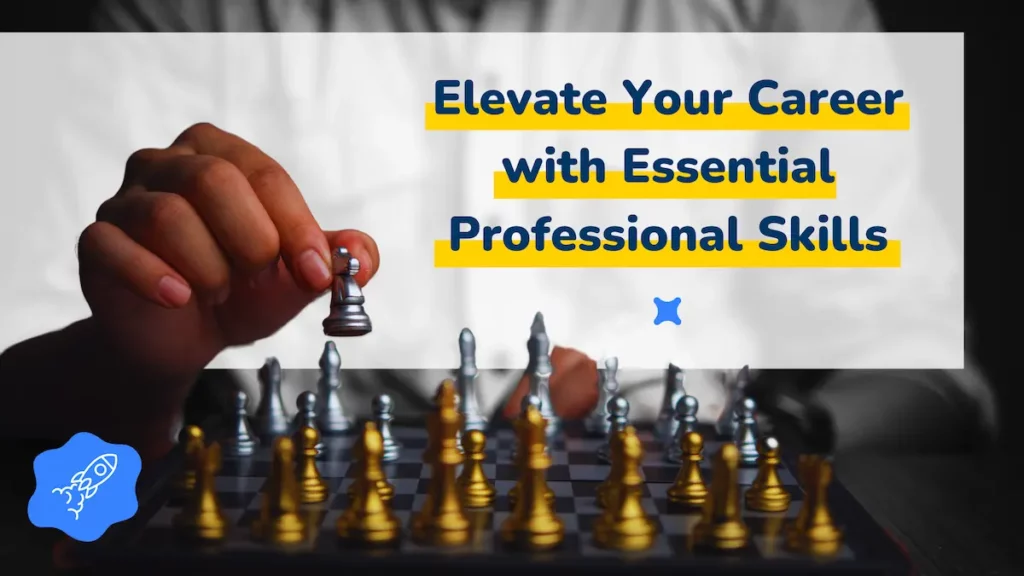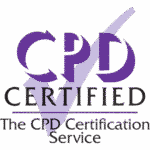What is a Growth Mindset?
Definition and Origins
A growth mindset, introduced by psychologist Carol Dweck, is the belief that our abilities and intelligence can be developed through dedication and hard work. This contrasts with a fixed mindset, where people think their talents and qualities are innate and unchangeable. Dweck’s research has shown that individuals with a growth mindset are more likely to embrace challenges, persist in the face of setbacks, and see effort as a path to mastery.
Key Characteristics
- Embracing Challenges: People with a growth mindset see challenges as opportunities to learn and grow rather than threats to be avoided.
- Viewing Obstacles as Opportunities: Setbacks and failures are viewed as valuable learning experiences. This perspective fosters resilience and perseverance.
- Seeking and Embracing Feedback: Constructive criticism is welcomed as a tool for improvement, not as a personal attack.
- Inspiration from Others’ Success: Rather than feeling threatened, those with a growth mindset find motivation and inspiration in the achievements of others.
- Continuous Learning: A growth mindset cultivates a love for learning and an intrinsic desire to improve and develop new skills.
The Benefits of a Growth Mindset
Personal Development
- Enhanced Learning: It enhances the learning process, encouraging individuals to pursue knowledge actively and embrace new experiences.
- Resilience: Viewing failures as part of the growth process builds resilience. Individuals become more adept at bouncing back from setbacks and continue to strive towards their goals.
- Intrinsic Motivation: It boosts intrinsic motivation, fostering a genuine passion for personal and professional growth.
- Increased Confidence: Believing in the ability to develop and improve can instil us with confidence, reducing the fear of failure and encouraging risk-taking.
Professional Success
When growth mindset is present, we can see benefits in different areas:
- Adaptability: Professionals are better equipped to adapt to change and innovation. They are more open to new ideas and approaches, which is crucial in today’s fast-paced work environment.
- Team Improvement: Leaders and team members inspire continuous improvement within their teams. They create a culture that values learning and development, leading to higher performance and success.
- Higher Performance Levels: Employees tend to perform better. Their willingness to put in the effort and persist through challenges results in higher levels of achievement.
- Innovation: It fosters a culture of innovation, where employees are encouraged to experiment, take risks, and learn from their failures.
Cultivating a Growth Mindset: Practical Strategies
Self-Reflection and Awareness
- Recognise Fixed Mindset Triggers: Identify situations where you tend to lean towards a fixed mindset. Understanding these triggers helps in consciously shifting towards a growth-oriented approach.
- Replace Limiting Thoughts: Challenge and replace limiting beliefs with positive, growth-focused affirmations. Instead of thinking, “I’m not good at this,” reframe it as, “I can improve with practice.”
- Reflect on Experiences: Regularly reflect on your experiences to understand your growth journey. Journaling can be an effective tool for this.
Embrace Challenges and Learn from Failures
- Break Down Goals: Break down big goals into manageable tasks to stay motivated and track progress. This approach makes daunting challenges seem more achievable.
- Analyse Setbacks: View failures as learning opportunities. When you encounter setbacks, take the time to analyse what went wrong, identify lessons learned, and apply these insights to future endeavours.
- Stay Persistent: Persistence is key to overcoming obstacles. Keep pushing forward, even when faced with difficulties.
Seek Feedback and Continuous Learning
- Actively Seek Feedback: Solicit feedback from peers, mentors, and supervisors to gain different perspectives. Constructive feedback provides valuable insights for improvement.
- Engage in Continuous Education: Commit to lifelong learning. Enrol in courses, attend workshops, and read extensively to expand your knowledge and skills.
- Stay Curious: Cultivate curiosity by exploring new topics and seeking out learning opportunities. Curiosity drives continuous improvement and innovation.
Developing Skills Through inGeniusly
Through its cognitive skills training, inGeniusly is a perfect way to practise a growth-oriented attitude. Utilising inGeniusly’s approach, which includes analyse, enhance, and integrate, inGeniusly helps you develop not one but twelve different skills. These skills not only push you to grow but also help you create important references to support further development of your growth mindset.
The 12 Skills Developed by inGeniusly:
- Focus:
Trains you to maintain concentration and minimise distractions. - Critical Thinking:
Enhances your ability to analyse situations and make informed decisions. - Lateral Thinking:
Encourages innovative thinking and unique solutions. - Attention to Detail:
Develops meticulousness and accuracy in your work. - Problem Solving:
Provides strategies to effectively tackle challenges. - Memory:
Improves your ability to retain and recall information. - Speed Reading:
Increases your reading speed and comprehension. - Information Processing:
Enhances your ability to process and use information efficiently. - Decision Making:
Sharpens your skills in making sound decisions. - Presentation Skills:
Improves your ability to convey information clearly and effectively. - Time Management:
Helps you prioritise tasks and manage your time efficiently. - Productivity:
Boosts your overall efficiency and output.
By focusing on these twelve skills, inGeniusly offers a comprehensive training programme that not only promotes the application of a growth mindset but also provides a solid foundation for continuous improvement and success.
Inspire and Support Others
Foster a Growth Mindset Environment
- Encourage Colleagues and Team Members: Encourage them to embrace challenges and learn from failures. Create a supportive environment that values effort and persistence.
- Recognise Efforts and Progress: Acknowledge and celebrate the efforts and progress of others. Highlighting the value of hard work reinforces the principles of a growth mindset.
Share Knowledge
- Mentorship and Collaboration: Share your knowledge and experiences with others. Mentorship and collaboration foster a culture of continuous learning.
Overcoming Common Obstacles
Dealing with Self-Doubt
- Practice Self-Compassion: Be kind and understanding with yourself during tough times. Self-compassion helps in maintaining a positive outlook and encourages resilience.
- Celebrate Small Wins: Recognise and celebrate small achievements. Celebrating progress, no matter how small, builds confidence and motivation.
Managing External Pressure
- Set Realistic Boundaries: Manage expectations and set realistic boundaries to avoid burnout. Prioritise tasks and focus on what truly matters.
- Communicate Your Approach: Share your growth mindset approach with supervisors and peers. Aligning expectations helps in creating a supportive environment.
- Seek Support: Don’t hesitate to seek support from colleagues, mentors, or friends. A strong support system provides encouragement and guidance.
Success Stories: Real-Life Examples
Corporate Leaders
- Satya Nadella: As CEO of Microsoft, Nadella transformed the company by fostering a culture of innovation and continuous learning.
- Oprah Winfrey: Built a media empire through resilience, adaptability, and relentless growth.
- Howard Schultz: The former CEO of Starbucks, Schultz focused on innovation and employee development.
- Indra Nooyi: As the former CEO of PepsiCo, Nooyi’s commitment to continuous learning and innovation drove the company’s growth.
Innovators and Athletes
- Michael Jordan: Legendary basketball player who attributes his success to learning from failures and striving to improve constantly.
- Simone Biles: An Olympic gymnast, Biles continually seeks to improve her skills through rigorous training.
- Serena Williams: Tennis champion Williams combines her natural talent with a relentless drive to improve.
Adopting a growth mindset is a powerful tool for personal and professional development. By embracing challenges, learning from failures, seeking feedback, and fostering continuous improvement, individuals and organisations can unlock their full potential. The journey towards a growth mindset is ongoing, but the rewards are substantial, leading to a more fulfilling and successful life.
FAQs
What is the main difference between a growth mindset and a fixed mindset?
A growth mindset believes that abilities and intelligence can be developed through effort and learning, while a fixed mindset assumes that talents and qualities are innate and unchangeable.
How can I cultivate a growth mindset in my daily life?
You can cultivate a growth mindset by embracing challenges, learning from failures, seeking feedback, and committing to continuous learning and self-improvement.
Why is a growth mindset important for professional success?
A growth mindset is crucial for professional success because it fosters adaptability, resilience, and a willingness to learn and innovate, all of which are essential in today’s dynamic work environment.
Can a growth mindset be developed at any age?
Yes, a growth mindset can be developed at any age. It requires self-awareness, effort, and a commitment to personal and professional growth.
How does a growth mindset benefit team dynamics?
A growth mindset benefits team dynamics by promoting a culture of continuous improvement, collaboration, and mutual support. Teams with a growth mindset are more innovative and better at overcoming challenges.
What role does feedback play in developing a growth mindset?
Feedback is crucial in developing a growth mindset as it provides valuable insights and perspectives for improvement. Constructive feedback helps individuals identify areas for growth and refine their skills.
By embracing a growth mindset, you can transform your approach to challenges and unlock your full potential. This powerful mindset not only enhances personal and professional growth but also fosters a culture of continuous improvement and innovation. Start your journey towards a growth mindset today and experience the transformative impact it can have on your life and career.
